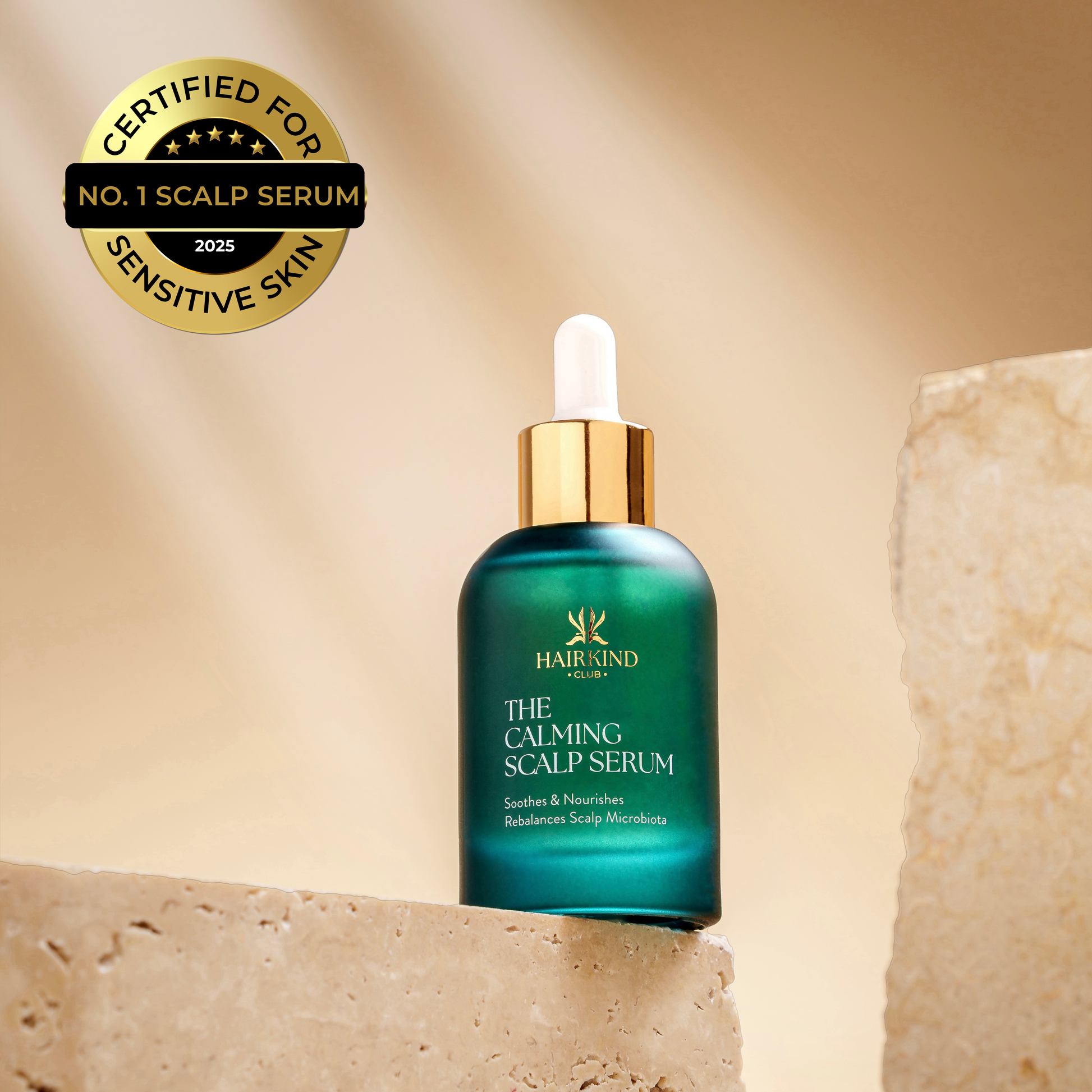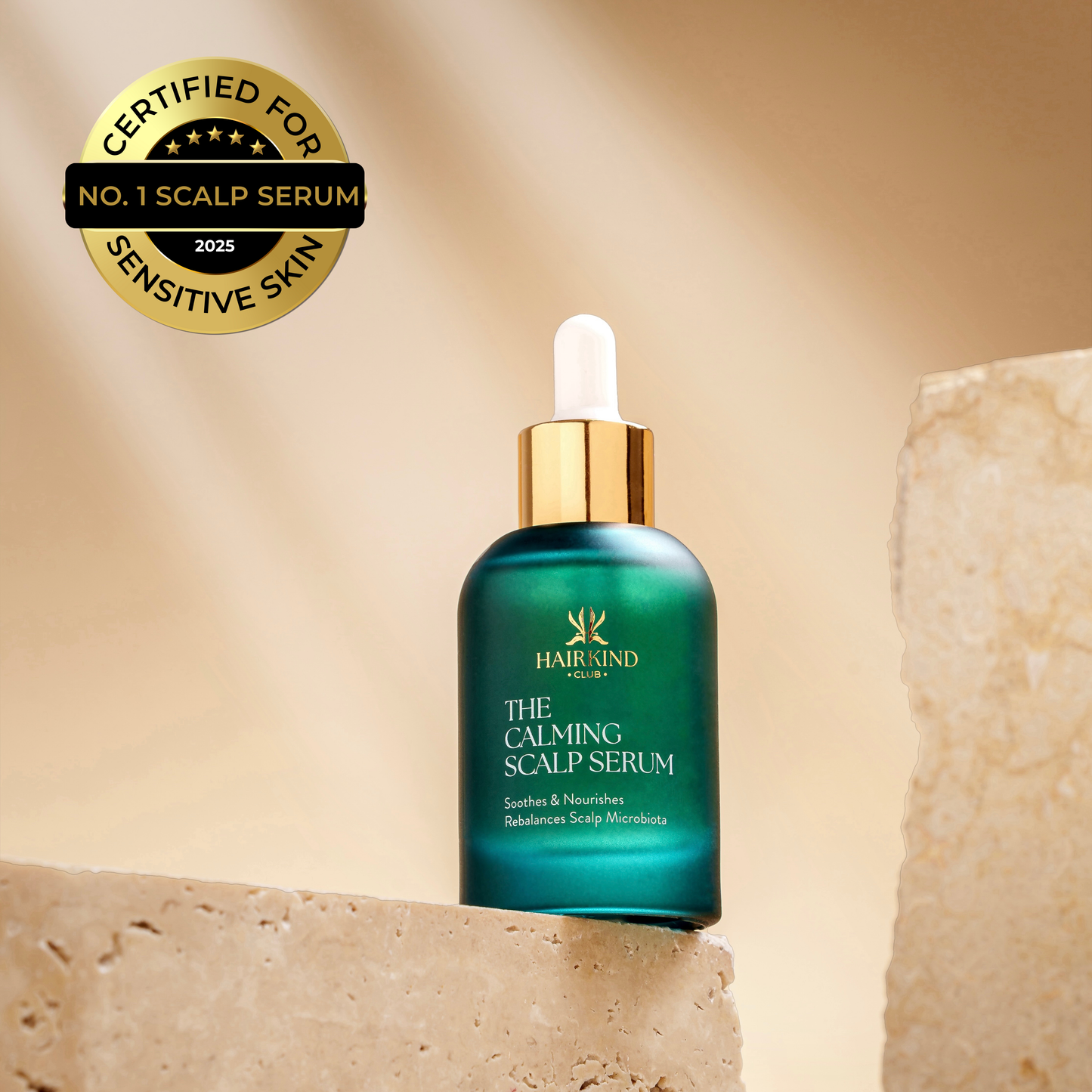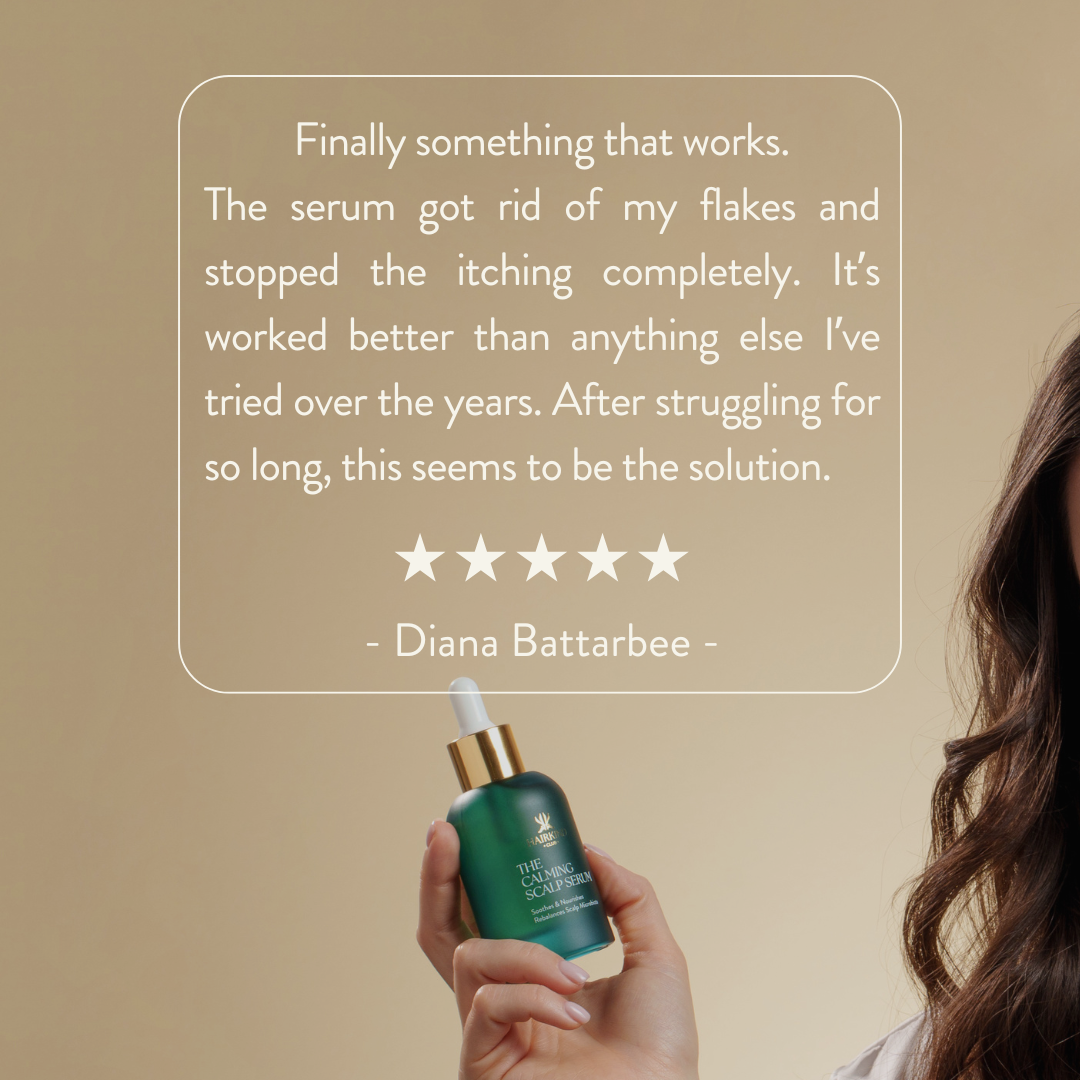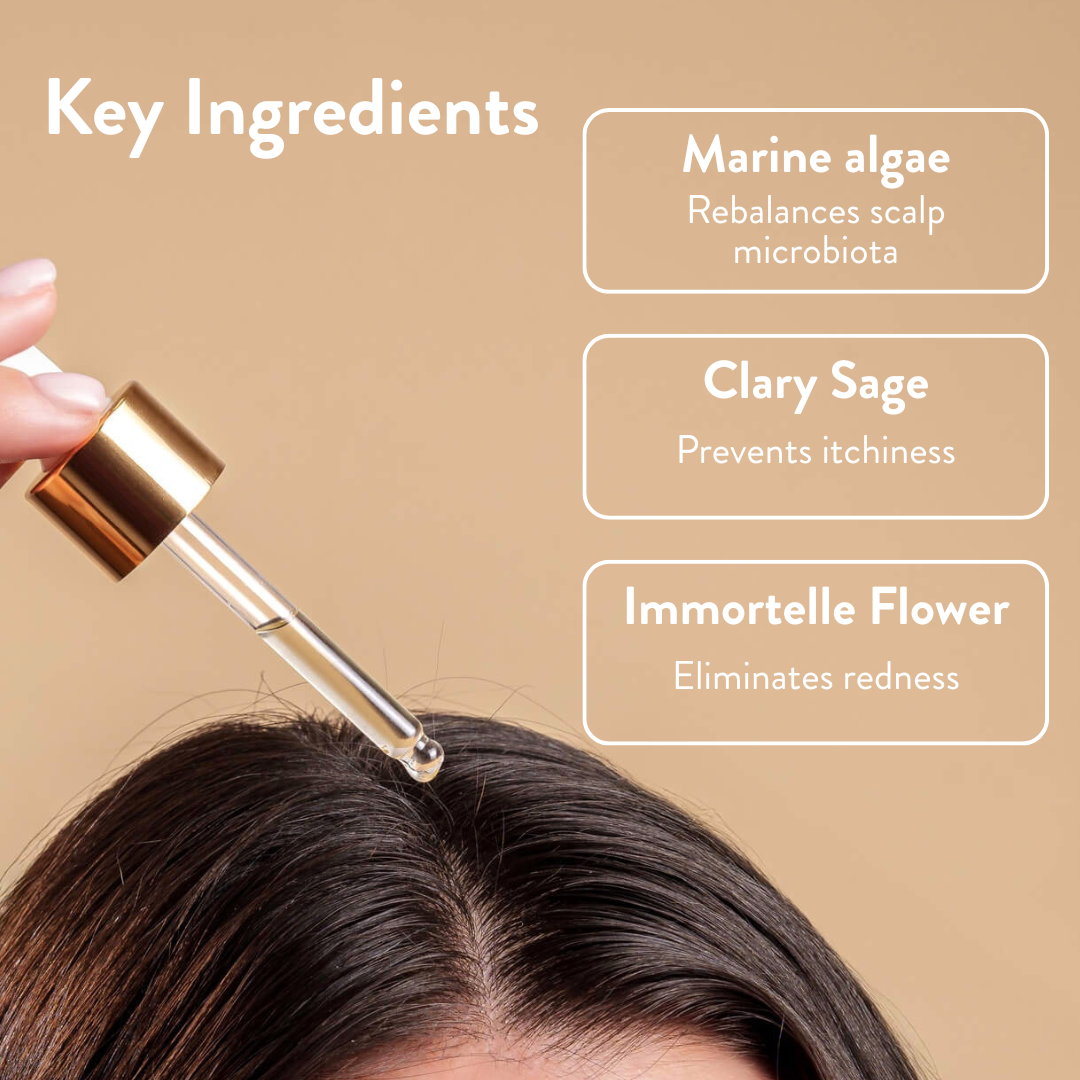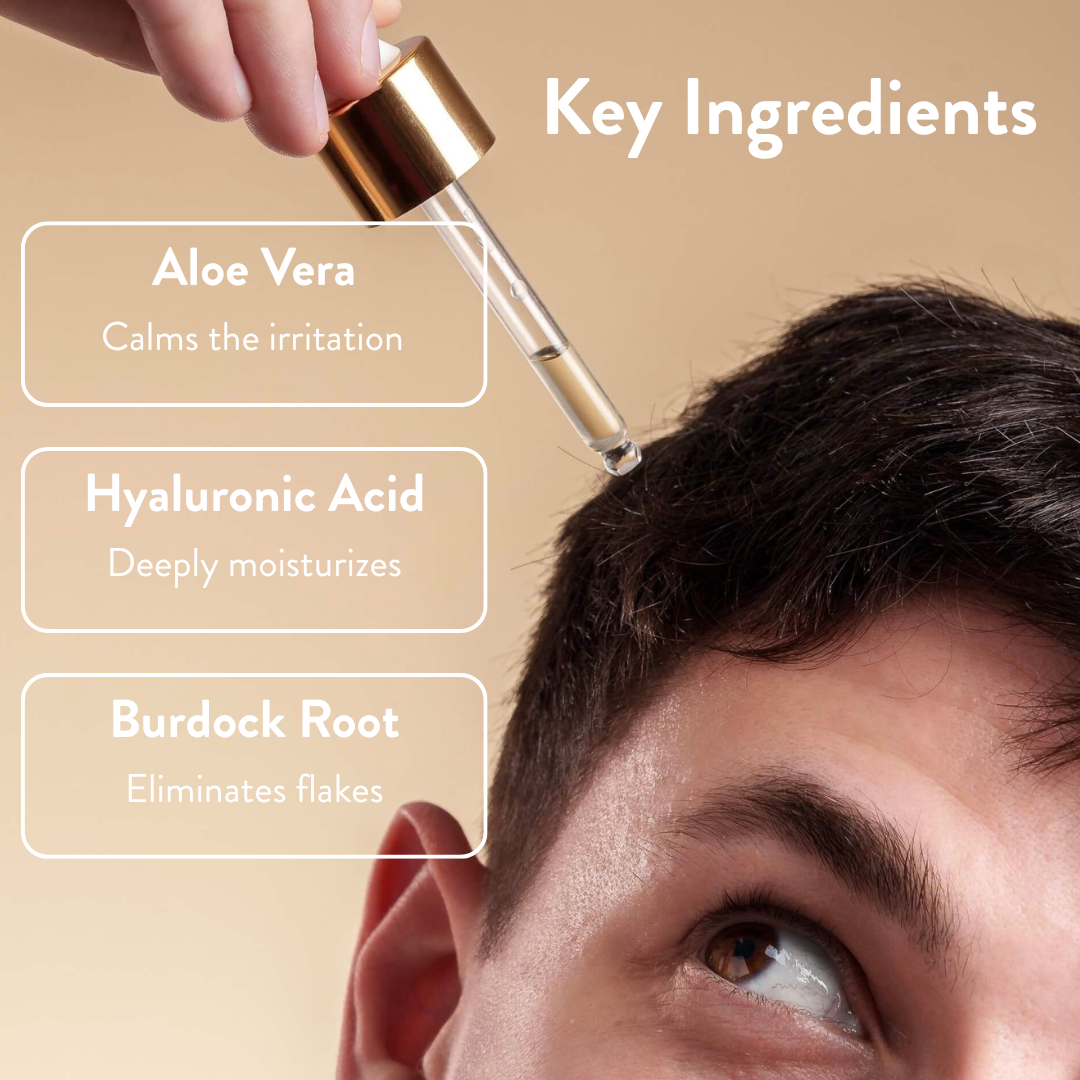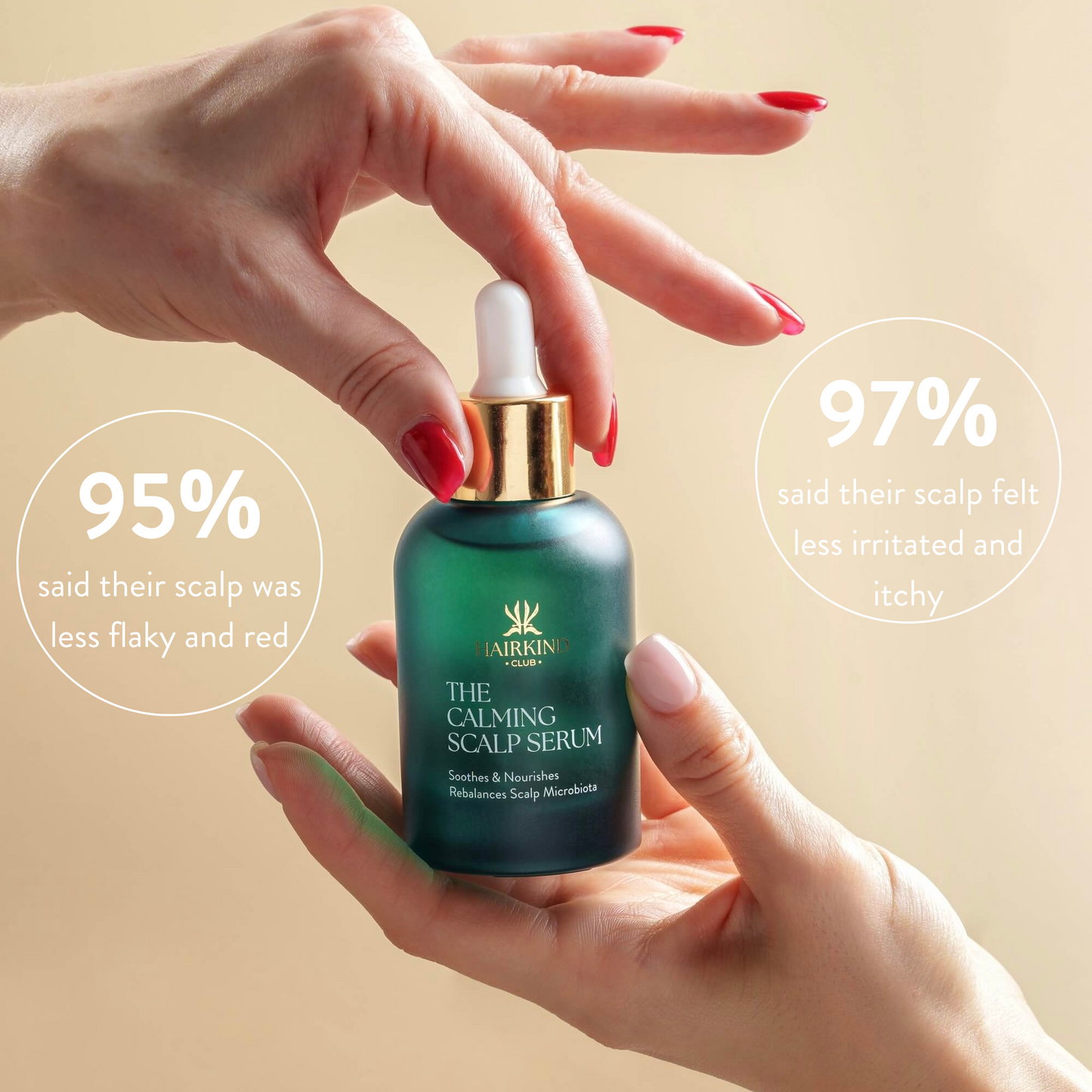Dandruff - those tiny white flakes that often fall from the scalp, is a common concern for many. However, there are numerous myths and misconceptions surrounding dandruff. Here, we debunk ten of the most common myths about dandruff.
Myth 1: Dandruff is Caused by Poor Hygiene
One of the most widespread myths is that dandruff results from poor hygiene. While not washing your hair regularly can contribute to dandruff, it is not the primary cause. Dandruff is often caused by a fungus called Malassezia. Before you get grossed out, you should know that all human beings have a variety of fungi and bacteria on their scalps. This yeast feeds on sebum, which is your scalp’s naturally produced oils. When the yeast dominates a scalp’s microbiome, it will feed on sebum faster than normal, causing your hair follicles to produce more and more sebum. This leads to the Malassezia fungus growing out of control, resulting in the characteristic flaking and itching.
Myth 2: Dandruff is Contagious
Contrary to popular belief, dandruff is not contagious. You cannot catch dandruff from someone else. The causes of dandruff, such as the Malassezia fungus, are already present on the scalp of most people and do not spread from person to person. People of all different lifestyles and backgrounds can experience dandruff flaking.
Myth 3: Dandruff Only Affects Dry Scalps
Many people assume that dandruff is a result of a dry scalp. Generally, you’ll be able to see the difference between these two conditions. If the flakes are oily, yellowish in color and are bigger they’re likely dandruff. If the flakes are more fine like powdered sugar, then you’re probably dealing with a dry scalp.
A number of things can contribute to dry scalp. These factors include the weather, your diet, how often you’re washing your hair, and with what products, as well as any chemical treatments you’ve done.
Myth 4: Dandruff Causes Hair Loss
Dandruff itself does not cause hair loss. However, the itching and scratching associated with dandruff can damage the hair follicles, potentially leading to some hair loss. Proper treatment and care can help manage dandruff and reduce the risk of hair loss due to scratching.
Myth 5: Dandruff Can Be Cured
While dandruff can be managed and controlled, there is no permanent cure. Using anti-dandruff shampoos and treatments can help keep symptoms at bay, but it is essential to continue using these products to prevent recurrence.
Myth 6: All Flakes Are Dandruff
Not all flakes are dandruff. Conditions such as psoriasis, eczema, and seborrheic dermatitis can also cause flaking of the scalp. It is essential to consult a dermatologist for an accurate diagnosis if over-the-counter dandruff treatments are ineffective.
Myth 7: Anti-Dandruff Shampoos Are Harmful
Some people believe that anti-dandruff shampoos are harsh and damaging to the hair and scalp. However, these shampoos are formulated to be safe and effective for treating dandruff. Ingredients like zinc pyrithione, ketoconazole, and salicylic acid are commonly used to target the causes of dandruff without harming the scalp.
Myth 8: You Should Use Anti-Dandruff Shampoo Daily
While it may be tempting to use anti-dandruff shampoo daily, it is not always necessary. Depending on the severity of your dandruff, you may only need to use these shampoos a few times a week. Overuse can sometimes lead to scalp irritation and sebum overproduction which then again leads to overgrowth of the Malassezia fungi.
Myth 9: Oil treatments are the cure.
Given that oily skin is a primary cause of dandruff, adding extra oil to your scalp could actually perpetuate the problem instead of fixing it. Certain hair oils, such as olive oil, coconut oil, or argan oil, may not actually be helpful for dandruff. Quite the opposite, these oils may aggravate dandruff by fueling the growth of the Malassezia fungus. They may even clog the pores on the scalp and lead to further irritation.
Myth 10: Dandruff Disappears on Its Own
Ignoring dandruff will not make it go away. Without proper treatment, dandruff can persist and even worsen. It is essential to address the condition with appropriate treatments and scalp care to manage and control the symptoms effectively.



